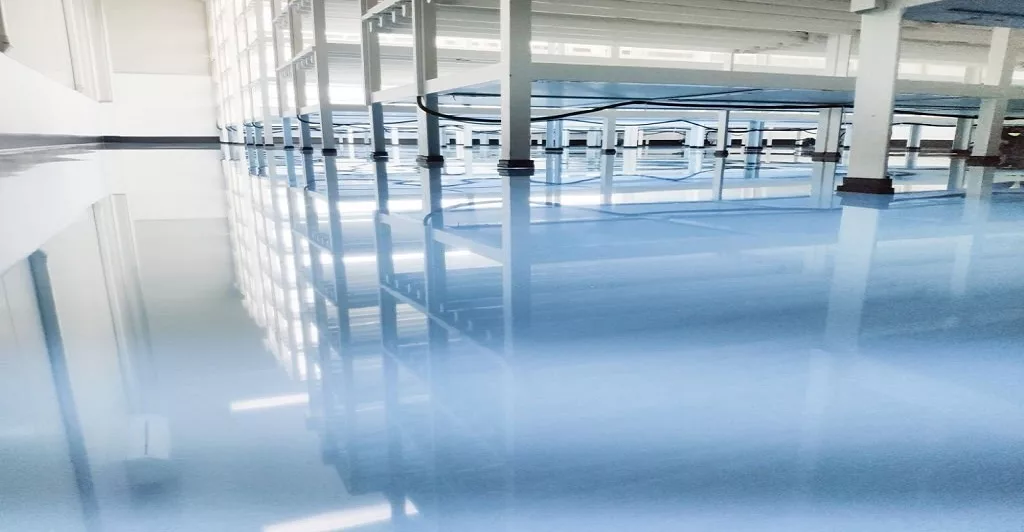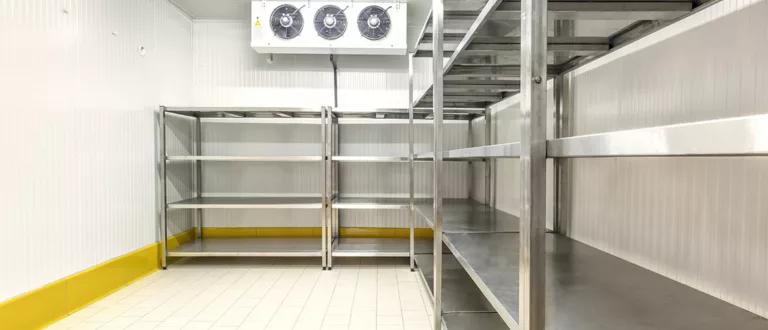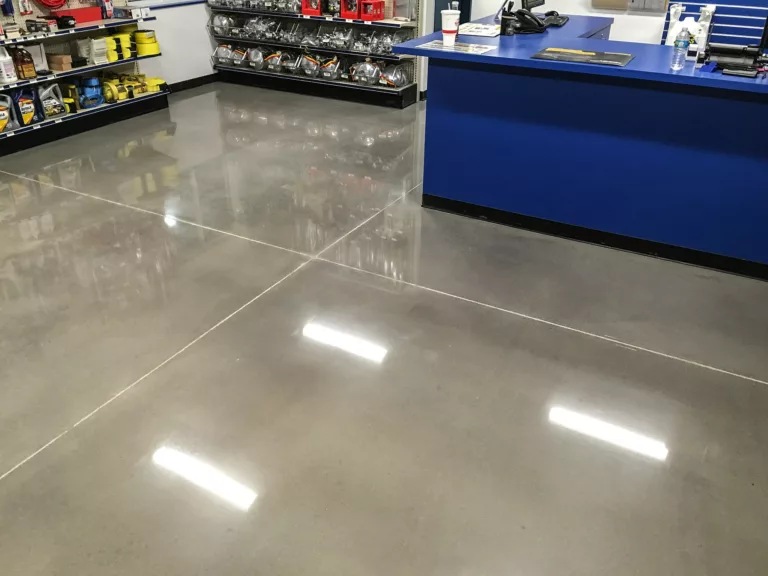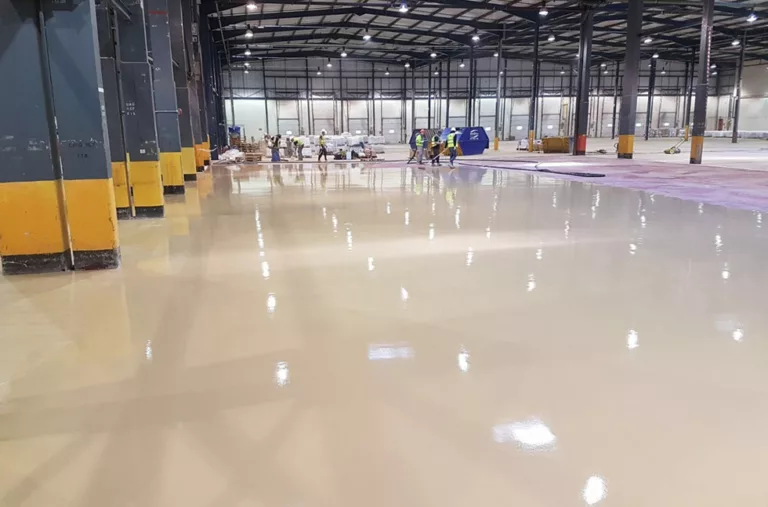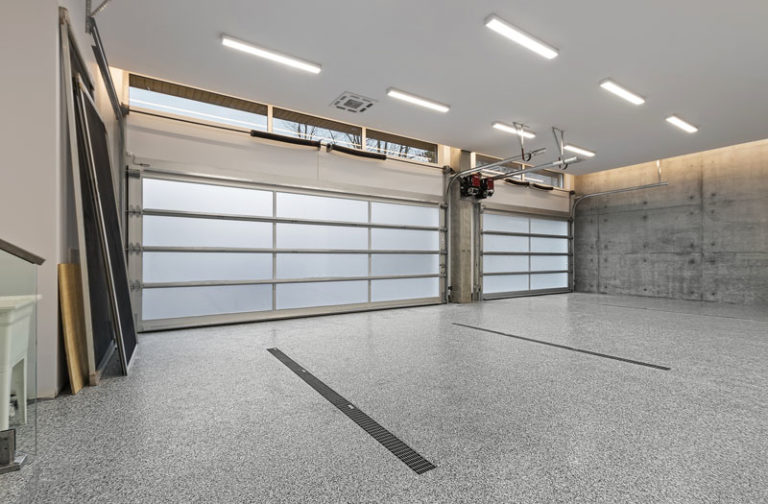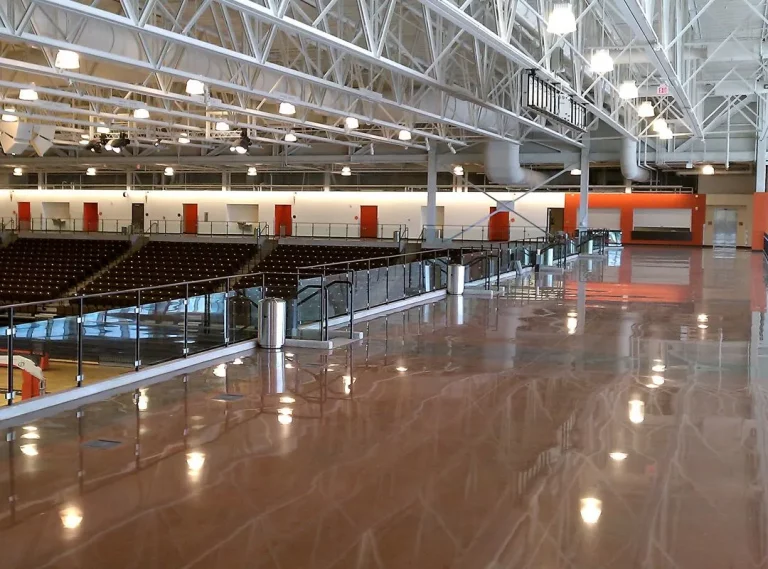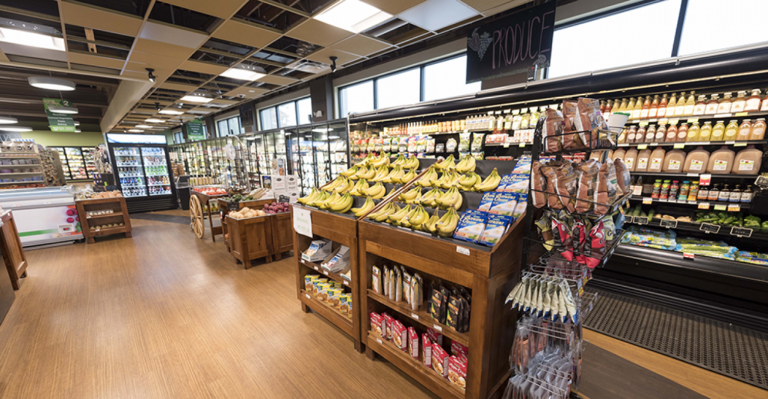Floor coatings are an essential aspect of any commercial, industrial, or residential property. They provide protection against heavy foot traffic, spills, and other types of wear and tear. Two popular types of floor coatings are polyaspartic and polyurea coatings. Both coatings are widely used in Vancouver, British Columbia, and have several similarities, but they also have significant differences that can affect which one is the best option for specific needs.
Polyaspartic Floor Coatings
Polyaspartic floor coatings are a form of polyurethane coatings that have become increasingly popular in Vancouver over the years. These coatings are known for their high-performance, durability, and fast curing times, making them a popular choice for a variety of commercial and industrial settings.
Advantages of Polyaspartic Floor Coatings
Fast Curing Times: One of the most significant advantages of polyaspartic floor coatings is their fast curing times. They can cure in as little as a few hours, compared to other types of coatings that can take days or even weeks to cure. This quick curing time means that businesses and homeowners can have their floors coated and ready to use in a short amount of time, reducing downtime and minimizing the disruption to their daily operations.
UV Resistance: Polyaspartic floor coatings are also highly UV-resistant, making them an ideal choice for Vancouver’s sunny climate. They will not yellow or fade when exposed to sunlight, making them a long-lasting solution for outdoor spaces or areas with large windows.
Durability: Polyaspartic floor coatings are highly durable, making them resistant to scratches, abrasions, and other forms of wear and tear. This makes them an excellent choice for high-traffic areas or areas with heavy machinery or equipment.
Polyurea Floor Coatings
Polyurea floor coatings are another popular option for businesses and homeowners in Vancouver. They are known for their durability, chemical resistance, and ability to cure quickly, making them an ideal choice for many different types of properties.
Advantages of Polyurea Floor Coatings
Chemical Resistance: Polyurea floor coatings are highly resistant to chemicals, making them an ideal choice for industrial facilities, laboratories, and other areas that may come into contact with harsh chemicals.
Durability: Like polyaspartic floor coatings, polyurea floor coatings are highly durable, making them resistant to scratches, abrasions, and other forms of wear and tear. They are an excellent choice for high-traffic areas, heavy machinery or equipment, and areas that may be exposed to extreme temperatures.
Waterproofing: Polyurea floor coatings are highly resistant to water, making them an excellent choice for areas that may be exposed to water or moisture. This includes areas such as basements, garages, and warehouses.
Differences between Polyaspartic and Polyurea Floor Coatings
While polyaspartic and polyurea floor coatings have many similarities, they also have significant differences that can affect which one is the best option for specific needs.
Curing Time: While both coatings cure quickly, polyaspartic floor coatings cure faster than polyurea coatings. Polyaspartic coatings can cure in as little as a few hours, while polyurea coatings can take up to 24 hours to cure.
Application Temperatures: Polyaspartic floor coatings can be applied in a wider range of temperatures than polyurea coatings. Polyaspartic coatings can be applied in temperatures as low as -10°C, while polyurea coatings require temperatures above 10°C for proper application.
Chemical Resistance: While both coatings are highly resistant to chemicals, polyurea coatings are more resistant to certain types of chemicals than polyaspartic coatings. Polyurea coatings are highly resistant to harsh chemicals such
Contact Priority One Epoxy Flooring today for a FREE ESTIMATE!

